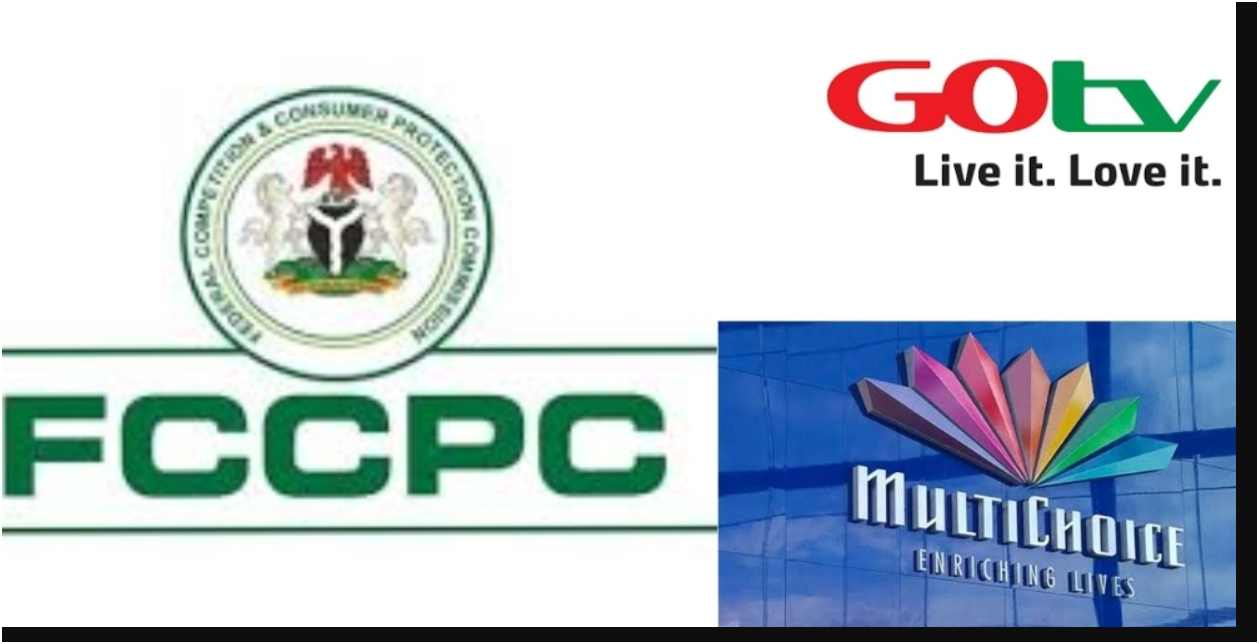By IDNN Legal & Business Desk
Published: May 9, 2025
In a ruling that reaffirms Nigeria’s free market structure, the Federal High Court in Abuja on Thursday declared that the Federal Competition and Consumer Protection Commission (FCCPC) has no legal authority to fix or suspend prices without explicit delegation from the President of Nigeria.
Justice James Omotosho issued the verdict while dismissing a suit filed by MultiChoice Nigeria, the operators of DStv and GOtv, who sought judicial clarity after the FCCPC attempted to block a March 2025 subscription price increase.
Key Ruling: Market Forces, Not Regulators, Set Prices

The court emphasized that only the President—not any agency—can legally intervene in market pricing, and even then, such interventions must be gazetted and apply to the entire industry, not just one operator.
“The power to fix prices is exclusively that of the President. Any decision taken without such delegation is a nullity,” Justice Omotosho ruled.
Background: The Price Hike Dispute
In March 2025, MultiChoice announced subscription increases of up to 25%, citing rising inflation, operational costs, and foreign exchange challenges.
The FCCPC responded by initiating action to suspend the hike, prompting MultiChoice to approach the court for protection, arguing that the commission was overstepping its mandate.
Procedural Dismissal With a Warning
Justice Omotosho ultimately dismissed MultiChoice’s suit on procedural grounds, declaring it an abuse of court process since a similar case was already ongoing at the Lagos Division of the Federal High Court.
“MultiChoice ought to have filed a counterclaim within the ongoing suit in Lagos instead of initiating a parallel process in Abuja,” the judge said.
However, the judge used the case to make substantive declarations about the constitutional limits of regulatory powers in a liberalized economy.
FCCPC Overreach and Market Freedom
The court ruled that the FCCPC, under its enabling Act, has the authority to investigate anti-competitive behavior, but not to fix prices or compel price rollbacks.
“If the President chooses to fix prices, it must apply to the entire industry and not a single player — unless that player is a monopolist,” Justice Omotosho stated.
The court also ruled that MultiChoice’s services were not essential and the market was competitive, dismissing FCCPC’s claim that the broadcaster held a dominant market position.
“The use of services like those provided by the plaintiff is discretionary and not essential. Nigeria can do without them,” the judge added.
Implications for Regulation and Investors
Legal analysts say the ruling sends a strong message to regulators not to overreach their powers, warning that unlawful interference could spook investors in key sectors like broadcasting, telecoms, and digital services.
The judgment also underscores the growing tension between price control activism and free-market economics in a period of high inflation and public dissatisfaction.
